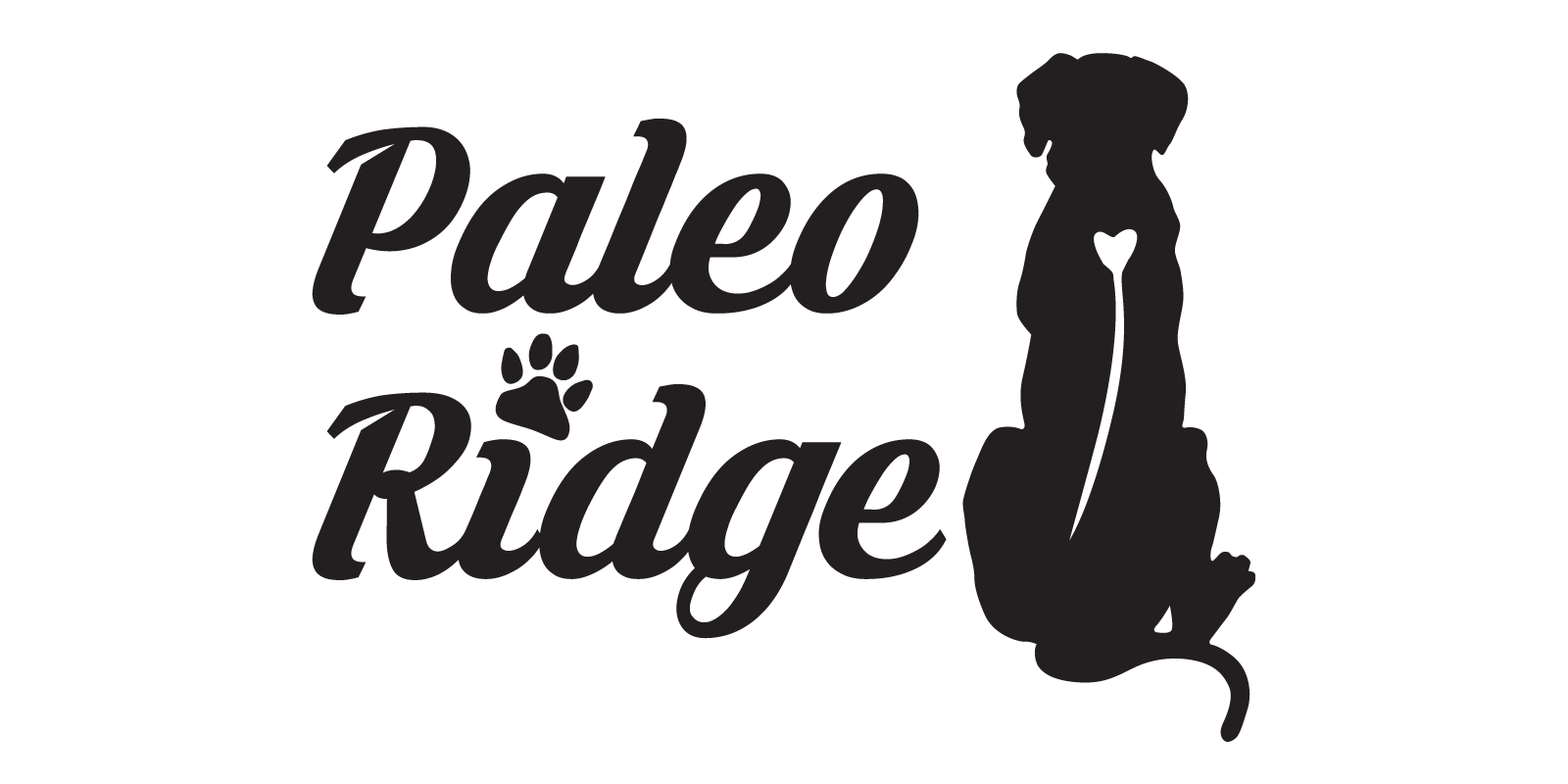Using the Raw Food Calculator
Understanding Your Dog’s Nutritional Needs
When it comes to feeding your dog, there’s no one-size-fits-all approach. Every dog is unique, and the amount they need to eat will vary based on several key factors. Our Dog Food Calculator provides a helpful guideline, but it’s important to remember that feeding amounts should be tailored to your individual dog.
Puppies should be fed approximately 5-6% of their current body weight.
Adults should be fed at approximately 2-3% of their ideal body weight.
Key Factors That Affect How Much Your Dog Needs to Eat
Age – Puppies have different nutritional needs compared to adult or senior dogs. They require more food relative to their body weight to support rapid growth and development, while older dogs may need fewer calories to maintain a healthy weight.
Breed & Size – Larger breeds often have slower metabolisms compared to smaller, high-energy breeds. A Greyhound, for example, will have different dietary needs than a Labrador or a Chihuahua.
Activity Level & Exercise – A working dog, such as a Border Collie or a Spaniel, will burn far more calories than a lower-energy breed or a dog with a more sedentary lifestyle. Adjusting portion sizes based on exercise levels is crucial to maintaining an ideal body condition.
Gender & Neutering Status – Neutered dogs typically have lower energy requirements than intact dogs, meaning they may need slightly less food to prevent weight gain.
Metabolism & Individual Variations – Just like people, dogs can have fast or slow metabolisms. Some may naturally maintain a lean body condition, while others require careful portion control to stay at a healthy weight.
Adjusting Your Dog’s Diet
Our Dog Food Calculator is a great starting point, but always keep an eye on your dog’s body condition and energy levels. If they’re gaining excess weight, reduce portions slightly; if they seem hungry or underweight, increase their food intake. Regular weight checks and condition scoring will help you keep them in peak health.
For personalised advice, consult a canine nutritionist or your vet, especially if your dog has specific dietary needs or health conditions.
